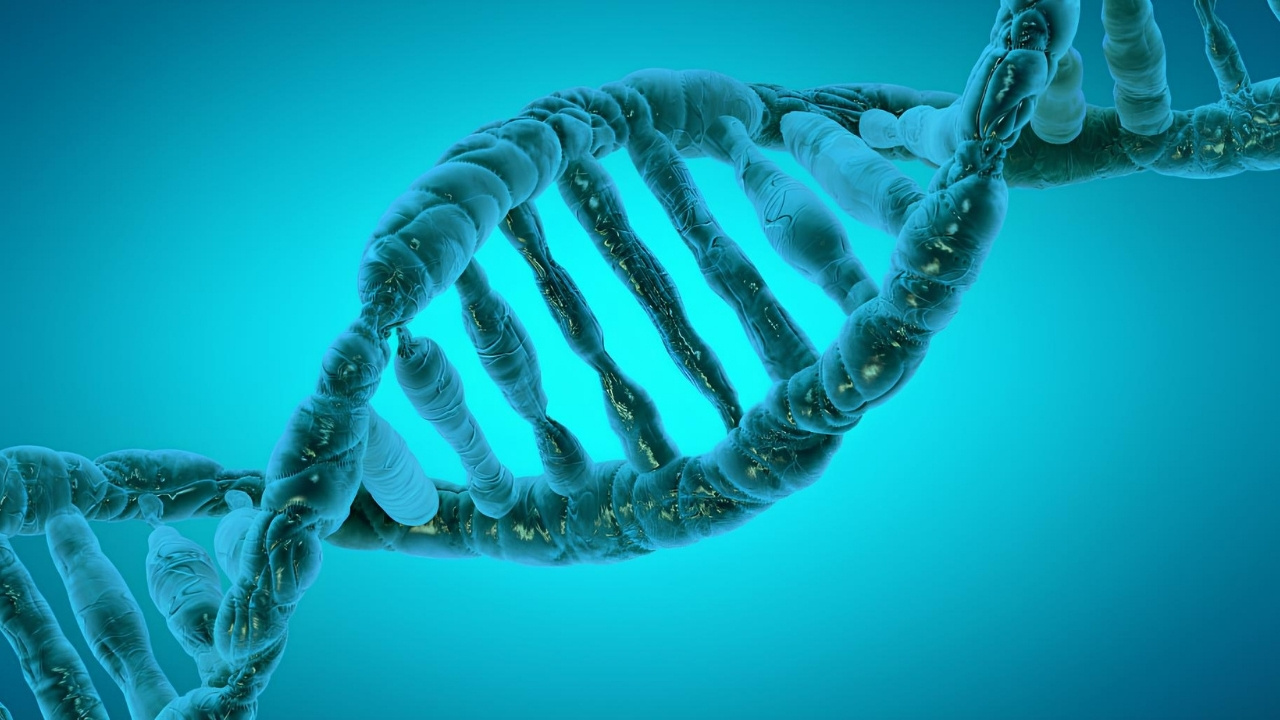
What is the epigenetic landscape? Imagine a vast, dynamic terrain where genes are the travelers. This terrain, known as the epigenetic landscape, shapes how genes express themselves without altering the DNA sequence. Think of it as a switchboard that turns genes on or off based on environmental cues, lifestyle choices, or even stress levels. Epigenetics plays a crucial role in development, aging, and disease. Understanding this landscape helps scientists uncover how identical twins can have different health outcomes or why certain traits skip generations. Dive into these 29 intriguing facts to grasp the fascinating world of epigenetics!
What is the Epigenetic Landscape?
The epigenetic landscape is a concept that helps explain how genes are regulated and expressed without changing the DNA sequence. Think of it as a dynamic map that shows how cells can develop into different types despite having the same genetic code.
- Epigenetics involves changes in gene activity that do not alter the DNA sequence.
- Conrad Waddington coined the term "epigenetic landscape" in the 1940s.
- Epigenetic modifications include DNA methylation and histone modification.
- DNA methylation adds a methyl group to DNA, often silencing genes.
- Histone modification changes how tightly DNA is wound around histone proteins, affecting gene expression.
How Epigenetics Influences Development
Epigenetics plays a crucial role in how organisms develop from a single cell into complex beings. These changes can be influenced by various factors, including environment and lifestyle.
- Epigenetic changes can be inherited but are also reversible.
- Environmental factors like diet, stress, and toxins can affect epigenetic marks.
- Identical twins have the same DNA but can have different epigenetic marks, leading to differences in appearance and health.
- Stem cells rely on epigenetic mechanisms to differentiate into various cell types.
- Early development is particularly sensitive to epigenetic changes, impacting long-term health.
Epigenetics and Disease
Epigenetic changes can contribute to the development of various diseases, including cancer, mental disorders, and autoimmune diseases. Understanding these changes can lead to better treatments and prevention strategies.
- Cancer often involves abnormal DNA methylation patterns.
- Mental health disorders like depression and schizophrenia have been linked to epigenetic changes.
- Autoimmune diseases can be influenced by epigenetic factors, affecting how the immune system functions.
- Obesity and metabolic disorders can result from epigenetic changes influenced by diet and lifestyle.
- Aging involves changes in epigenetic marks, contributing to age-related diseases.
Epigenetics in Medicine
Epigenetics is opening new doors in medicine, offering potential for personalized treatments and therapies. Researchers are exploring how to manipulate epigenetic marks to treat diseases.
- Epigenetic drugs aim to reverse abnormal epigenetic changes.
- CRISPR technology can be used to edit epigenetic marks, offering precise control over gene expression.
- Biomarkers based on epigenetic changes can help diagnose diseases early.
- Personalized medicine uses epigenetic information to tailor treatments to individual patients.
- Cancer therapies are being developed to target specific epigenetic changes in tumors.
Epigenetics and Lifestyle
Your lifestyle choices can have a significant impact on your epigenetic landscape. This means that what you eat, how much you exercise, and even your stress levels can influence your genes.
- Diet can affect DNA methylation and histone modification.
- Exercise has been shown to influence epigenetic marks, promoting health.
- Stress can lead to epigenetic changes that affect mental and physical health.
- Sleep quality can impact epigenetic marks, influencing overall well-being.
- Toxins like cigarette smoke and pollution can cause harmful epigenetic changes.
Future of Epigenetics
The field of epigenetics is rapidly evolving, with new discoveries being made regularly. These advancements hold promise for improving human health and understanding the complexities of gene regulation.
- Epigenome mapping projects aim to catalog all epigenetic marks in different cell types.
- Artificial intelligence is being used to predict how epigenetic changes affect gene expression.
- Gene therapy is exploring ways to correct epigenetic errors.
- Public awareness of epigenetics is growing, leading to more informed health choices.
Final Thoughts on Epigenetic Landscape
Epigenetics is a game-changer in understanding how genes work. It shows that our environment and lifestyle can influence gene expression without altering the DNA sequence. This field has huge potential for medical breakthroughs, like personalized medicine and new treatments for diseases.
Epigenetic changes can be reversible, offering hope for reversing harmful gene expressions. Diet, stress, and even pollution can impact our epigenome, making healthy choices more important than ever.
Research is ongoing, and we're just scratching the surface. The more we learn, the better we can harness this knowledge for improving health and well-being.
Stay curious and keep an eye on this exciting field. Epigenetics is not just about genes; it's about how we live and interact with our world.
Was this page helpful?
Our commitment to delivering trustworthy and engaging content is at the heart of what we do. Each fact on our site is contributed by real users like you, bringing a wealth of diverse insights and information. To ensure the highest standards of accuracy and reliability, our dedicated editors meticulously review each submission. This process guarantees that the facts we share are not only fascinating but also credible. Trust in our commitment to quality and authenticity as you explore and learn with us.
